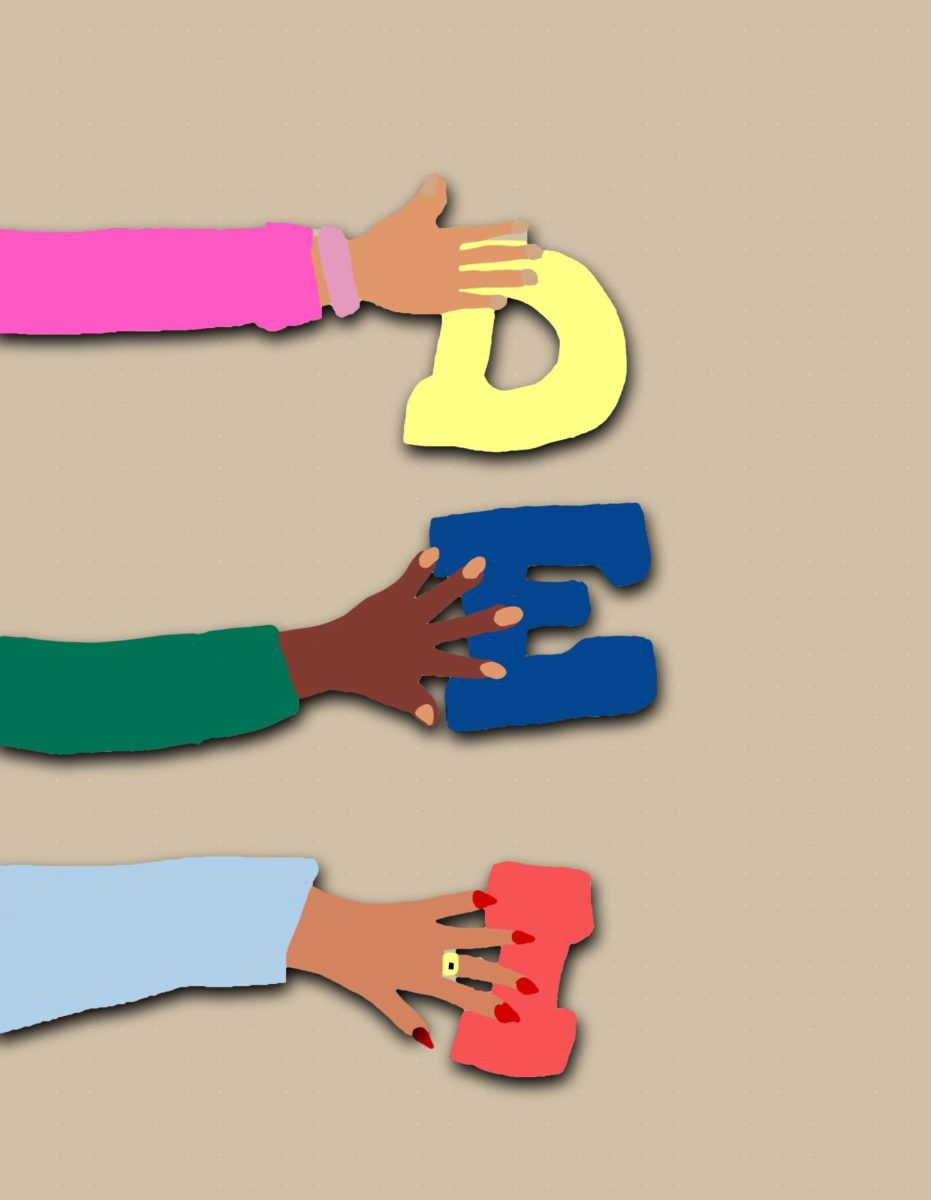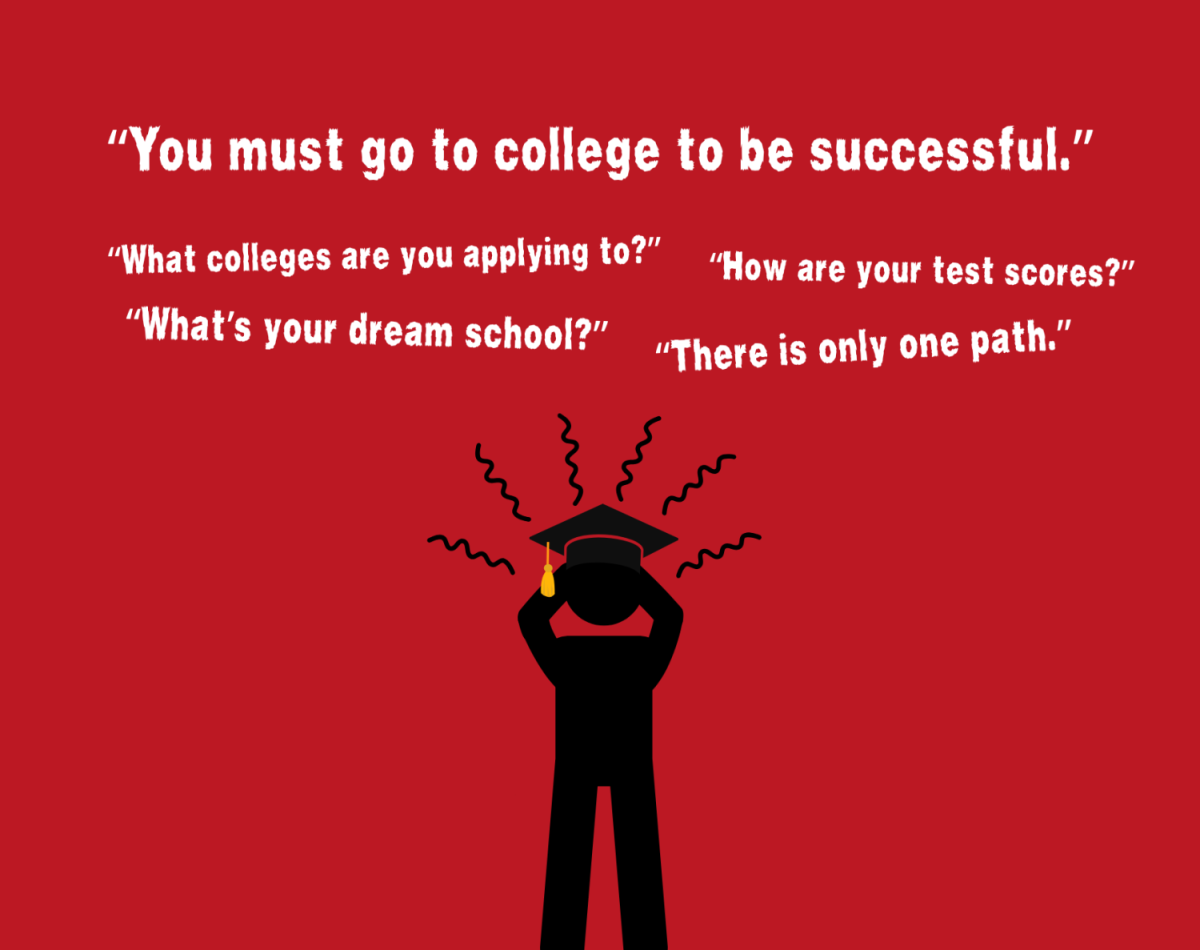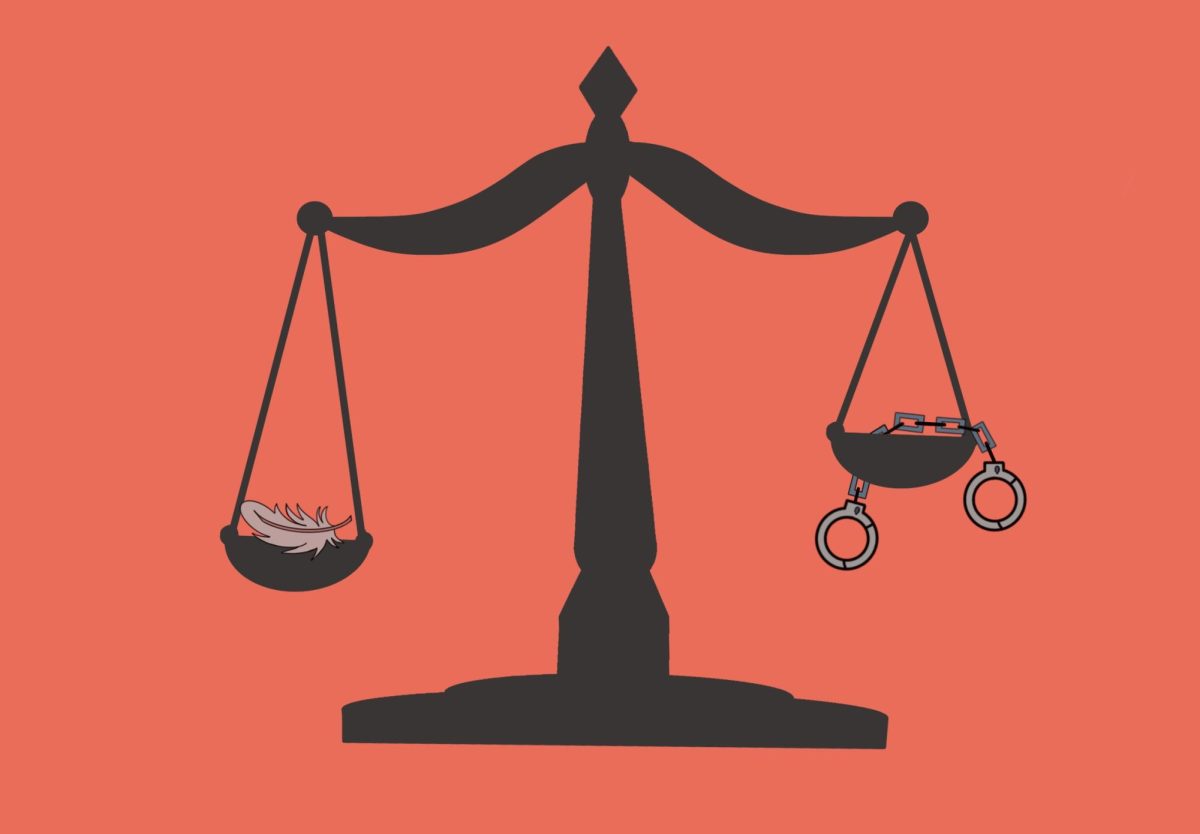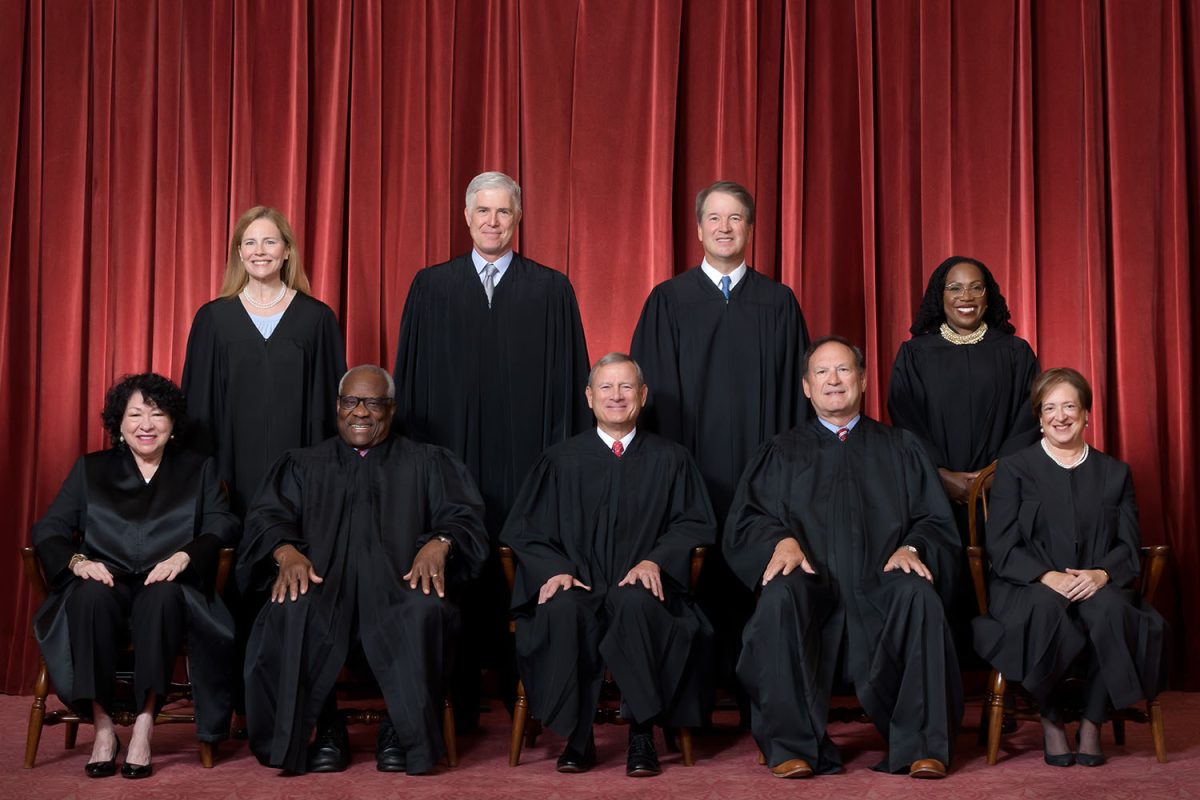During the past two months, diversity, equity and inclusion programs have been under attack by the federal government. These programs are crucial for high schools, providing students with diverse experiences and fostering a more inclusive environment.
DEI initiatives take many forms in high school, including identity-based student organizations, training programs for teachers, disability services, curriculum integration and protection against discrimination. However, President Donald Trump has made it a focus to dismantle these programs, issuing several executive orders to roll back DEI programs, including one that threatened to pull federal funding from schools that refused to comply.
Many students rely on DEI programs at their school for a sense of community and belonging. Identity-based student organizations, including Black student unions, Muslim student associations, gender-sexuality alliances and more are being targeted and defunded across the country. These clubs help students from minority groups develop their leadership skills, advocate for social change and have a supportive community on campus. Dismantling them would leave minority students without a critical support system.
DEI training for teachers focuses on creating an inclusive curriculum that represents diverse perspectives, recognizing personal bias and creating a more supportive environment for all students. The Atlanta Public Schools DEI office facilitated equity and inclusion training sessions for more then 1,000 students and staff members, and 97.9% of respondents said the sessions were a somewhat or highly valuable use of time.
The Trump administration’s anti-DEI policies claim to reduce discrimination, characterizing DEI initiatives as a “betrayal” in American public schools. DEI training teaches educators how to recognize discrimination in the classroom and treat students equitably. Often, equity does not mean treating all students the same way; it means adapting to best meet the needs of each individual. Rather than being a discriminatory practice, differentiated instruction makes school more accessible for a diverse student population.
Additionally, removing DEI initiatives can take a serious mental health toll on students. Students who experience frequent discrimination are more likely to experience the symptoms of depression, especially if they are in schools that don’t respond to racial discrimination. Instead of removing DEI support, the federal government should invest in mental health resources for students to help fight the disproportionate mental health challenges faced by minority students.
The removal of DEI is an undemocratic concept. In a truly democratic society, everyone should have equal opportunity to succeed, and equity initiatives are designed to provide equal opportunity for students. Equal opportunity means that each member in the group faces the same obstacles, and while it is often unattainable for all students to have the exact same obstacles, schools should be able to implement policies that make progress towards that goal. These policy attacks on DEI show that the federal government does not value equal opportunity for students.
Opponents of DEI claim that initiatives such as “Women in STEM” teach minority children that they have been marginalized, setting them up to view themselves as less capable. This ideology is dangerous as it tries to erase recognition of systemic oppression, leaving minority students at a disadvantage and removing the support they need to level the playing field.
The federal government needs to put American students first, rather than pushing an extreme conservative agenda that limits opportunity and increases discrimination. DEI is a valuable concept that has been instrumental in progressing towards equality since the Civil Rights Movement, and the Trump administration’s DEI attacks will lead the country to backslide into old patterns of oppression. American policymakers need to look out for our diverse student population and prioritize DEI initiatives so the country can continue to adapt and grow.















